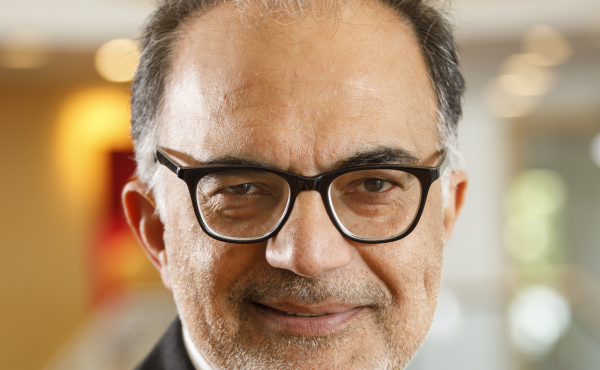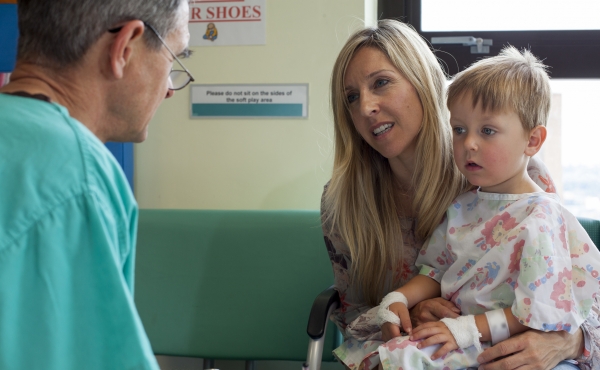Perioperative Care is Everybody's Business

Mark joins the RCoA as Head of Policy & Public Affairs following seven years with the Faculty of Public Health, where he explored the role of the NHS in prevention.
I’m delighted to have joined the RCoA as Head of Policy and Public Affairs at such an exciting time in the development of the Centre for Perioperative Care (CPOC). I’ve joined following seven years with the Faculty of Public Health, where I explored the role of the NHS in prevention. There are profound synergies between perioperative care and a population health approach to supporting patients to stay healthy across the life course.
The NHS Long Term Plan sets out ambitious priorities for tackling the biggest disablers of our population, including cancer and multimorbidity. But who leads? Who is accountable? Who benefits – financially and in terms of outcomes? Significant system barriers need to be overcome, from lack of integration and isolated staff, to fragmented funding and restrictive payment mechanisms. These are fundamental challenges for policy makers and clinicians.
The NHS across the UK can make the most of its patient interactions by building prevention into clinical pathways and working cross-organisationally to ensure service models are joined up. Service transformation is at the heart of securing the long-term future of the NHS, and perioperative care is a key part of the solution. If ‘prevention is everybody’s business’, so too is perioperative care. It can help forge new links between primary, secondary and tertiary care, and support transformation of the NHS from an illness to a wellness service.
So, how can CPOC influence the NHS across the UK to realise our ambition for all surgical patients to be managed on a perioperative pathway? Over the past year we’ve set solid foundations. The RCoA's report, A teachable moment, served as a valuable starting point for integrated care systems to identify how best practice in perioperative care can be embedded locally.
The RCoA’s Policy and Public Affairs team is supporting CPOC to develop our story in a way that decision-makers find compelling. Yes, it’s about having evidence on the return on investment, but we also need to model the outcomes of a perioperative pathway next year, in five years’ and in ten years’ time – and to communicate the benefits clearly. We need to build political and public support for policy reform by telling the personal stories behind the statistics. We will work across organisations to encourage more people (including patients) to lobby for perioperative care, and will foster champions among the decision-makers.
We have an amazing story to tell. Now more than ever we need to tell it well.




